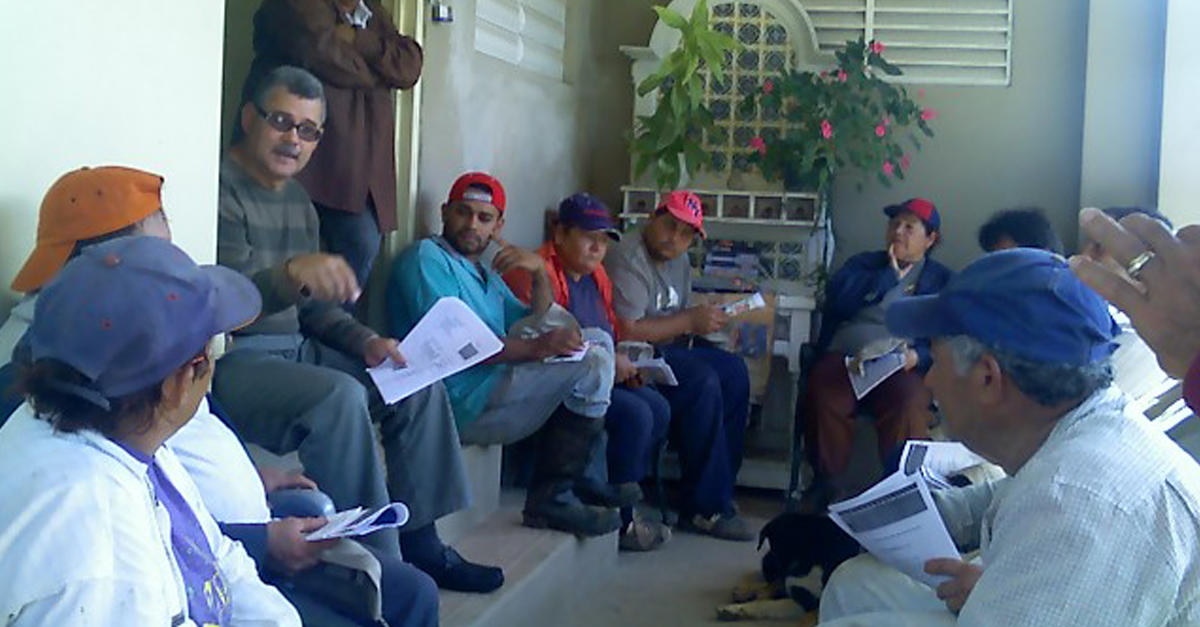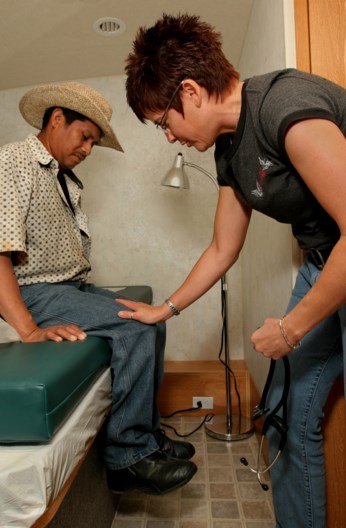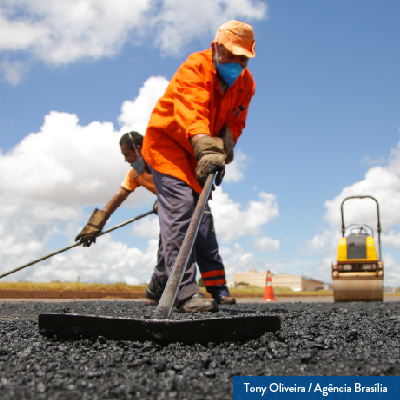- Who We Are
- Clinician Employment
- Publications
- Witness to Witness (W2W)
- El Premio Kugel & Zuroweste a la Justicia en la Salud
- Your Voice Matters: Photovoice Project
Wed, 03/30/2016 | by KerryBrennan

 [Editor’s Note: We are in the final days of Farmworker Awareness Week, and we’d like to highlight one MCN program working to improve environmental health for farmworkers. Migrant Clinicians Network’s Environmental and Occupational Health team in Maryland has developed and distributed a wealth of materials on pesticides and workplace safety, to assist clinicians in the exam room and to support workers in the field. Since 2006, MCN has trained over 5,000 clinicians and stakeholders via onsite workshops, national webinars, and national and regional conferences; distributed more than 585,000 patient education resources; and provided over 128,000 clinical resources. This blog post, from Kerry Brennan, Environmental and Occupational Health Program Manager, delves into another educational accomplishment: MCN’s Centers of Excellence in Environmental and Occupational Health.]
[Editor’s Note: We are in the final days of Farmworker Awareness Week, and we’d like to highlight one MCN program working to improve environmental health for farmworkers. Migrant Clinicians Network’s Environmental and Occupational Health team in Maryland has developed and distributed a wealth of materials on pesticides and workplace safety, to assist clinicians in the exam room and to support workers in the field. Since 2006, MCN has trained over 5,000 clinicians and stakeholders via onsite workshops, national webinars, and national and regional conferences; distributed more than 585,000 patient education resources; and provided over 128,000 clinical resources. This blog post, from Kerry Brennan, Environmental and Occupational Health Program Manager, delves into another educational accomplishment: MCN’s Centers of Excellence in Environmental and Occupational Health.]
MCN’s Maryland office is excited to welcome three new partner health centers to its Environmental and Worker Health Program. In 2016, MCN will initiate partnerships with Costa Salud in Rincón, Puerto Rico; Corporación de Servicios Médicos in Utuado, Puerto Rico; and with the Kansas Statewide Farmworker Health Program.
 With support from the Environmental Protection Agency, MCN's Environmental and Worker Health program creates partnerships with health centers across the US and Puerto Rico to establish Centers of Excellence in Environmental and Occupational Health. The partner centers commit to completing a mutually agreed-upon workplan for a year-long collaboration. MCN provides on-site clinical training, clinical tools and resources, patient education materials, technical assistance, and peer-to-peer networking between frontline providers and occupational and environmental medicine specialists in order to better address the unique health needs of workers in high-risk industries such as agriculture, and community members. This program also focuses on the recognition, management, and prevention of pesticide poisonings, emphasizing the role of the clinician in reporting pesticide exposures and contributing to broader public health understanding of the health effects of pesticide exposure. Health centers and clinicians make important changes in their systems and day to day practice in order to improve the quality of care.
With support from the Environmental Protection Agency, MCN's Environmental and Worker Health program creates partnerships with health centers across the US and Puerto Rico to establish Centers of Excellence in Environmental and Occupational Health. The partner centers commit to completing a mutually agreed-upon workplan for a year-long collaboration. MCN provides on-site clinical training, clinical tools and resources, patient education materials, technical assistance, and peer-to-peer networking between frontline providers and occupational and environmental medicine specialists in order to better address the unique health needs of workers in high-risk industries such as agriculture, and community members. This program also focuses on the recognition, management, and prevention of pesticide poisonings, emphasizing the role of the clinician in reporting pesticide exposures and contributing to broader public health understanding of the health effects of pesticide exposure. Health centers and clinicians make important changes in their systems and day to day practice in order to improve the quality of care.
 “Clinicians in primary care are often treating a patient after an injury, illness, or exposure has already occurred. However, simple work-flow and clinical system changes such as reporting pesticide exposure allows clinicians to contribute to the ‘big picture’ of risk reduction for workers and environmental justice for these vulnerable communities,” says Ed Zuroweste, MD, MCN’s Chief Medical Officer. The three newest partners will join 14 other health centers from around the country and Puerto Rico as Centers of Excellence.
“Clinicians in primary care are often treating a patient after an injury, illness, or exposure has already occurred. However, simple work-flow and clinical system changes such as reporting pesticide exposure allows clinicians to contribute to the ‘big picture’ of risk reduction for workers and environmental justice for these vulnerable communities,” says Ed Zuroweste, MD, MCN’s Chief Medical Officer. The three newest partners will join 14 other health centers from around the country and Puerto Rico as Centers of Excellence.
Like what you see? Amplify our collective voice with a contribution.
Return to the main blog page or sign up for blog updates here.







